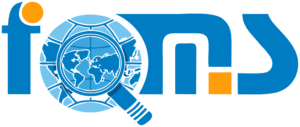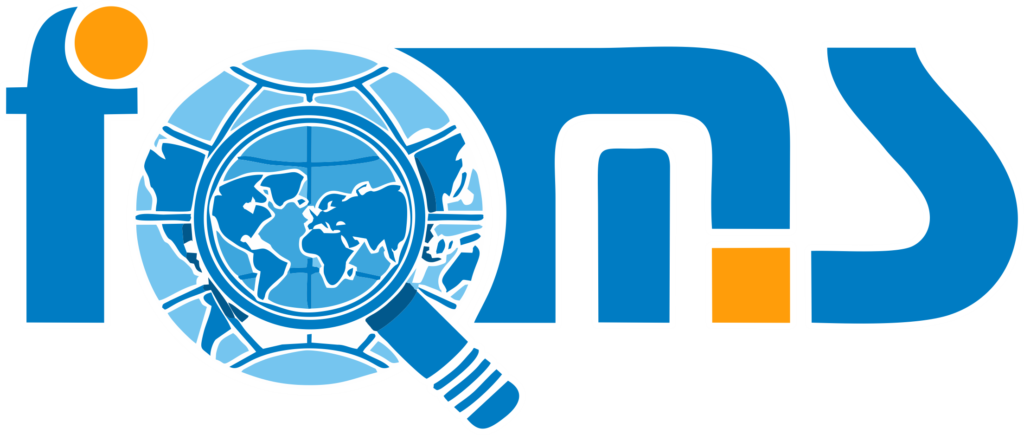As businesses expand, so does the complexity of managing customer relationships. A well-chosen Customer Relationship Management (CRM) system helps growing enterprises stay organized, improve client experiences, and scale efficiently. But with dozens of platforms available, finding the right CRM can feel overwhelming. This guide explores how to identify a solution that aligns with your company’s goals.
1. Define Your Business Needs
Before evaluating CRM software, outline your objectives. Do you want to improve lead tracking, automate sales workflows, or enhance customer support? A clear understanding of your needs ensures you focus on solutions that fit your enterprise rather than adopting unnecessary features.
2. Prioritize Scalability
A growing enterprise needs a CRM that grows alongside it. Look for platforms offering modular features, user-based pricing, and the ability to integrate with other business tools as your requirements evolve. Tip: Cloud-based CRMs often offer greater flexibility and scalability compared to on-premise systems.
3. Evaluate Ease of Use
No matter how powerful a CRM is, it won’t deliver value if your team struggles to use it. A user-friendly interface, intuitive dashboards, and mobile accessibility are critical for quick adoption across departments.
4. Integration Capabilities
Your CRM should seamlessly connect with your existing ecosystem , email platforms, marketing automation, ERP, or analytics tools. This centralizes data, helping teams access accurate, up-to-date information in one place.
5. Data Security and Compliance
As customer data is one of your enterprise’s most valuable assets, prioritize CRMs with robust security protocols, role-based access controls, and compliance with standards such as GDPR or HIPAA (if applicable).
6. Automation and AI Features
Modern CRMs leverage automation and artificial intelligence to streamline tasks like lead scoring, follow-ups, and forecasting. These features reduce manual effort and enable teams to focus on nurturing client relationships.
7. Vendor Support and Training
Reliable technical support and onboarding resources make a huge difference. Choose vendors offering responsive customer service, detailed documentation, and training sessions to ensure your team maximizes the platform.
Conclusion
The right CRM is more than just software; it’s a strategic partner that fuels growth. By focusing on scalability, ease of use, integration, and security, enterprises can select a solution that enhances customer engagement, improves productivity, and drives long-term success.



